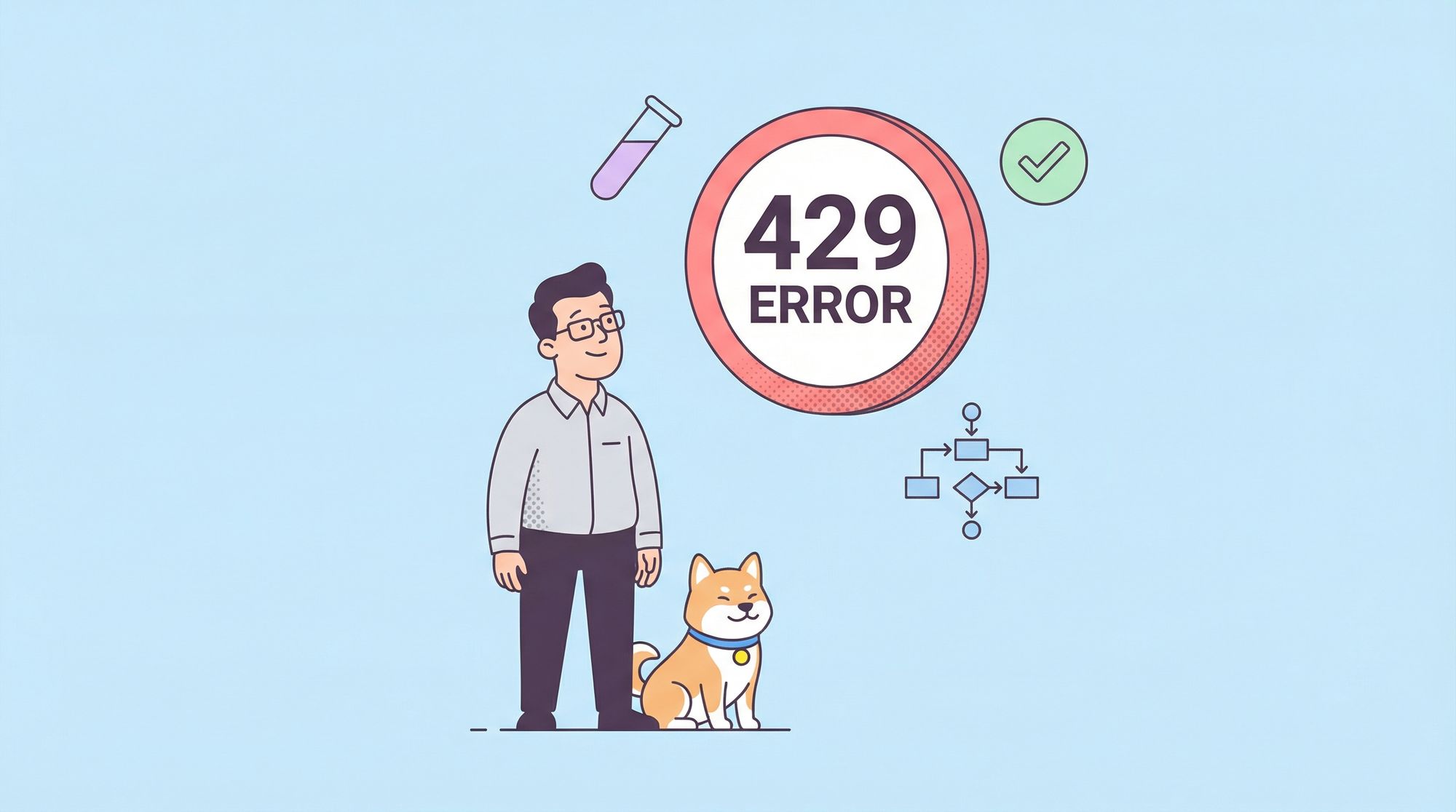In the rapidly evolving world of software development, Application Programming Interfaces (APIs) have become a cornerstone, facilitating communication between different software components. APIs are essential for integrating various systems, enabling seamless data exchange, and powering modern applications. For QA engineers, ensuring the functionality, reliability, and security of APIs is critical to delivering high-quality software products.
API testing plays a vital role in verifying that APIs perform as expected under different conditions. It involves sending requests to APIs, analyzing responses, and validating that they meet predefined criteria. Without effective API testing, even the most well-designed software can suffer from integration failures, security vulnerabilities, and performance issues. This is where specialized API tools come into play, empowering QA engineers and developers to automate, streamline, and enhance their testing processes.
Importance of API Tools in QA
QA engineers face numerous challenges when testing APIs. Manual testing, while valuable, can be time-consuming, error-prone, and difficult to scale. As APIs become more complex and interconnected, the need for reliable and efficient testing tools becomes even more critical. API tools offer a range of features that help QA engineers automate testing, manage test cases, and analyze results with precision.
API tools are indispensable for the following reasons:
- Automation: API tools enable the automation of repetitive tasks, reducing the time and effort required for testing. Automated tests can be run continuously, ensuring that APIs remain functional throughout the development lifecycle.
- Comprehensive Testing: With API tools, QA engineers can perform various types of testing, including functional, performance, security, and regression testing. This comprehensive approach helps identify issues early and ensures that APIs meet all requirements.
- Collaboration: API tools often come with collaboration features that allow QA engineers, developers, and other stakeholders to work together seamlessly. This fosters better communication and ensures that everyone is on the same page regarding API quality.
- Scalability: As projects grow, the ability to scale testing efforts is crucial. API tools provide the infrastructure to handle large volumes of tests, making it easier to manage complex APIs and integrations.
Must-Have Features in API Testing Tools
Selecting the right API tool is a critical decision for QA engineers. To ensure that the tool meets the demands of modern API testing, it must offer certain key features. Here’s what to look for:
- Ease of Use: An intuitive interface and user-friendly design are essential. QA engineers should be able to create, execute, and manage tests without steep learning curves.
- Automation Capabilities: The ability to automate test creation, execution, and reporting is crucial. Look for tools that support scripting languages and offer built-in automation features.
- Comprehensive Testing Support: A robust API tool should support various testing types, including functional, load, security, and regression testing. This ensures that all aspects of the API are thoroughly tested.
- Integration with CI/CD Pipelines: Continuous integration and continuous deployment (CI/CD) pipelines are standard in modern development. The API tool should integrate seamlessly with CI/CD tools to enable automated testing as part of the development workflow.
- Detailed Reporting and Analytics: Clear, detailed reports help QA engineers identify issues and track progress. Look for tools that offer customizable reporting and advanced analytics.
- Collaboration Features: In a team environment, collaboration is key. Choose tools that facilitate teamwork by allowing multiple users to share test cases, results, and feedback easily.
- Security Testing: With APIs being a prime target for cyberattacks, security testing features are a must. The tool should support vulnerability scanning, authentication testing, and encryption validation.
- Scalability: The tool should be capable of handling large-scale tests and complex APIs without performance degradation. This is particularly important for enterprise-level applications.
- Extensive Documentation and Support: Quality documentation and responsive support are vital for overcoming challenges. Ensure that the tool is well-documented and has a strong user community or customer support.
Top 10 API Tools for QA Engineers
When it comes to API testing, the market is flooded with tools, each offering a unique set of features. Here’s a curated list of the top 10 API tools every QA engineer should consider:
1. Apidog
Apidog is an all-in-one API management tool designed to simplify API testing and documentation. It offers features like manual testing, automated testing, real-time collaboration, and seamless integration with CI/CD pipelines. Apidog’s intuitive interface and powerful automation capabilities make it an excellent choice for QA engineers looking to streamline their API testing processes.

2. SoapUI
SoapUI is a powerful tool for testing SOAP and REST APIs. It offers a comprehensive suite of features, including functional testing, security testing, and load testing. SoapUI is particularly popular among QA engineers who need to perform detailed testing on complex APIs.
3. Postman
Postman is one of the most popular API testing tools, known for its user-friendly interface and robust feature set. It allows QA engineers to create, test, and document APIs with ease. Key features include automated testing, mock servers, and environment management, making it a versatile tool for both manual and automated testing.
4. JMeter
Apache JMeter is a popular open-source tool primarily used for performance testing. However, it also supports API testing, making it a valuable tool for QA engineers who need to test the scalability and performance of APIs. JMeter’s extensive plugin support and ability to simulate large user loads make it a go-to tool for load testing.
5. Katalon Studio
Katalon Studio is a comprehensive testing tool that supports API, web, and mobile testing. It offers a user-friendly interface, automated testing capabilities, and integration with popular CI/CD tools. Katalon’s support for both functional and regression testing makes it a versatile tool for QA engineers.
6. Swagger
Swagger is an open-source tool that helps developers design, build, and document APIs. For QA engineers, Swagger offers features like API documentation, testing, and validation. Swagger’s ability to generate interactive API documentation makes it an invaluable tool for ensuring API quality and consistency.
7. Karate DSL
Karate DSL is a relatively new API testing tool that combines API testing, mocking, and performance testing into a single framework. It’s particularly useful for QA engineers who want to write tests in a simple, readable format. Karate’s built-in support for HTTP, JSON, and XML makes it a powerful tool for API testing.
8. REST Assured
REST Assured is a popular Java library for testing RESTful APIs. It simplifies the process of writing tests and is well-suited for QA engineers who are familiar with Java. REST Assured’s support for BDD (Behavior Driven Development) makes it a powerful tool for testing APIs in a structured, readable format.
9. Telerik Test Studio
Telerik Test Studio is a comprehensive testing tool that supports API, web, and mobile testing. It offers a user-friendly interface, automated testing capabilities, and integration with popular CI/CD tools. Telerik’s support for both functional and regression testing makes it a versatile tool for QA engineers.
10. Fiddler
Fiddler is a popular tool for capturing and analyzing HTTP traffic. While it’s primarily used for debugging, Fiddler also offers API testing capabilities. QA engineers can use Fiddler to inspect API requests and responses, identify issues, and validate API functionality.
Comparing Free vs. Paid API Tools
When choosing an API tool, QA engineers often face the dilemma of whether to opt for a free or paid solution. Both options have their advantages and drawbacks, and the right choice depends on the specific needs of the project.
Free API Tools
Free API tools, such as Apidog and SoapUI, are popular among QA engineers because they offer a wide range of features without any cost. These tools are ideal for small to medium-sized projects where budget constraints are a concern. Free tools often have large user communities, providing access to extensive resources, tutorials, and forums. However, free tools may have limitations in terms of advanced features, scalability, and support.
Paid API Tools
Paid API tools, such as Katalon Studio and Telerik Test Studio, offer more advanced features, better support, and greater scalability. They are ideal for enterprise-level projects where the complexity and scale of API testing require robust solutions. Paid tools often come with dedicated customer support, regular updates, and integration with other enterprise tools. While the cost may be a consideration, the investment in a paid tool can be justified by the increased efficiency and reliability it provides.
Pros and Cons Table:
| Free API Tools | Paid API Tools |
|---|---|
| Pros: | Pros: |
| - No cost | - Advanced features |
| - Large user community | - Better support |
| - Ideal for small projects | - Greater scalability |
| Cons: | Cons: |
| - Limited advanced features | - Higher cost |
| - May lack scalability | - Potentially steep learning curve |
| - Limited support | - Requires budget allocation |
Conclusion: Choosing the Right Tool
Selecting the right API tool is crucial for QA engineers who want to ensure the quality and reliability of their APIs. The choice between free and paid tools depends on the specific needs of the project, the scale of testing, and the available budget. Regardless of the tool chosen, it’s essential to look for features that support automation, comprehensive testing, and seamless integration with CI/CD pipelines.
In the rapidly evolving world of software development, staying ahead requires the right tools and strategies. By investing in the best API tools, QA engineers can streamline their testing processes, enhance collaboration, and deliver high-quality software products that meet the demands of modern users. Whether you opt for a free tool like Postman or a paid solution like Apidog, the key is to choose a tool that aligns with your testing goals and helps you achieve excellence in API testing.



